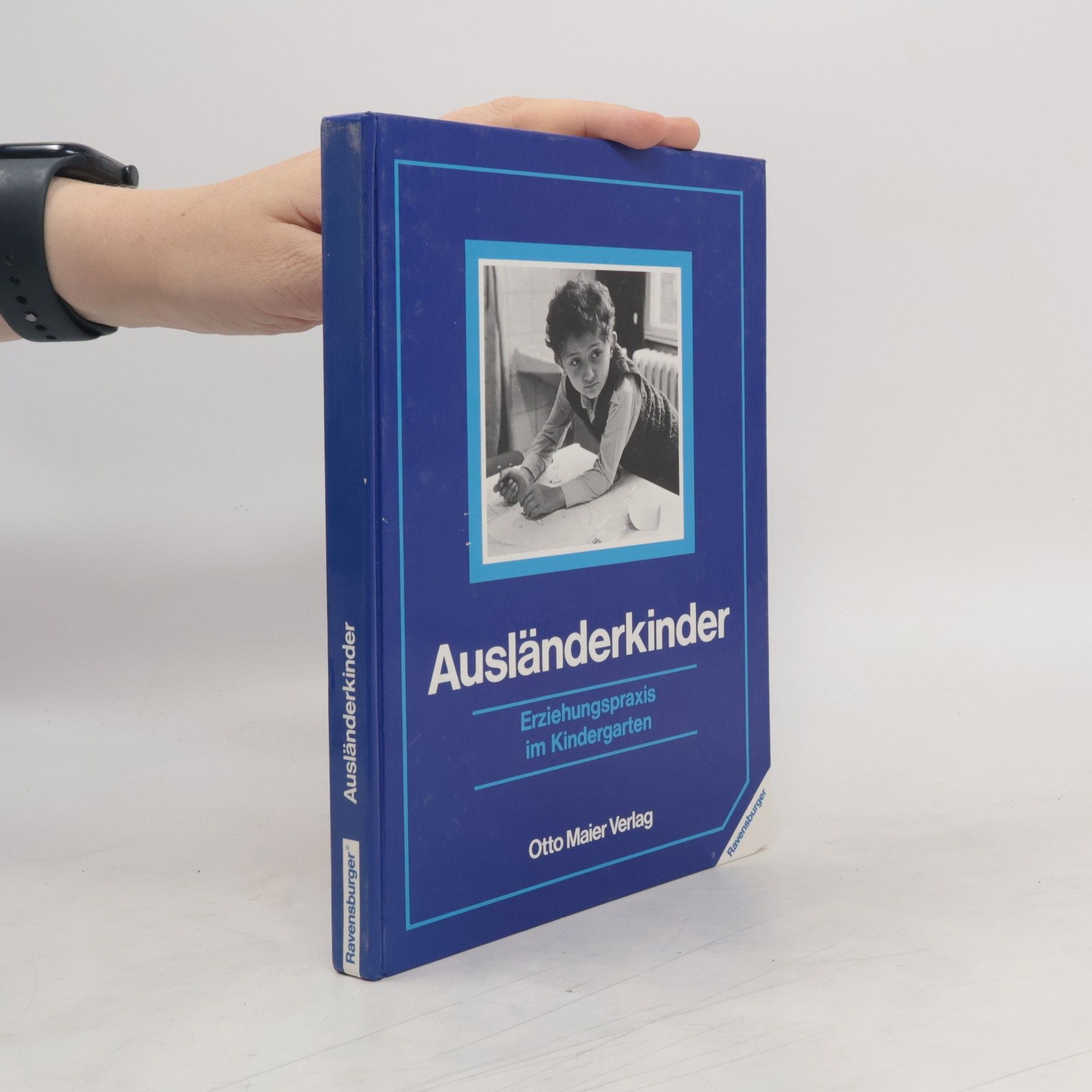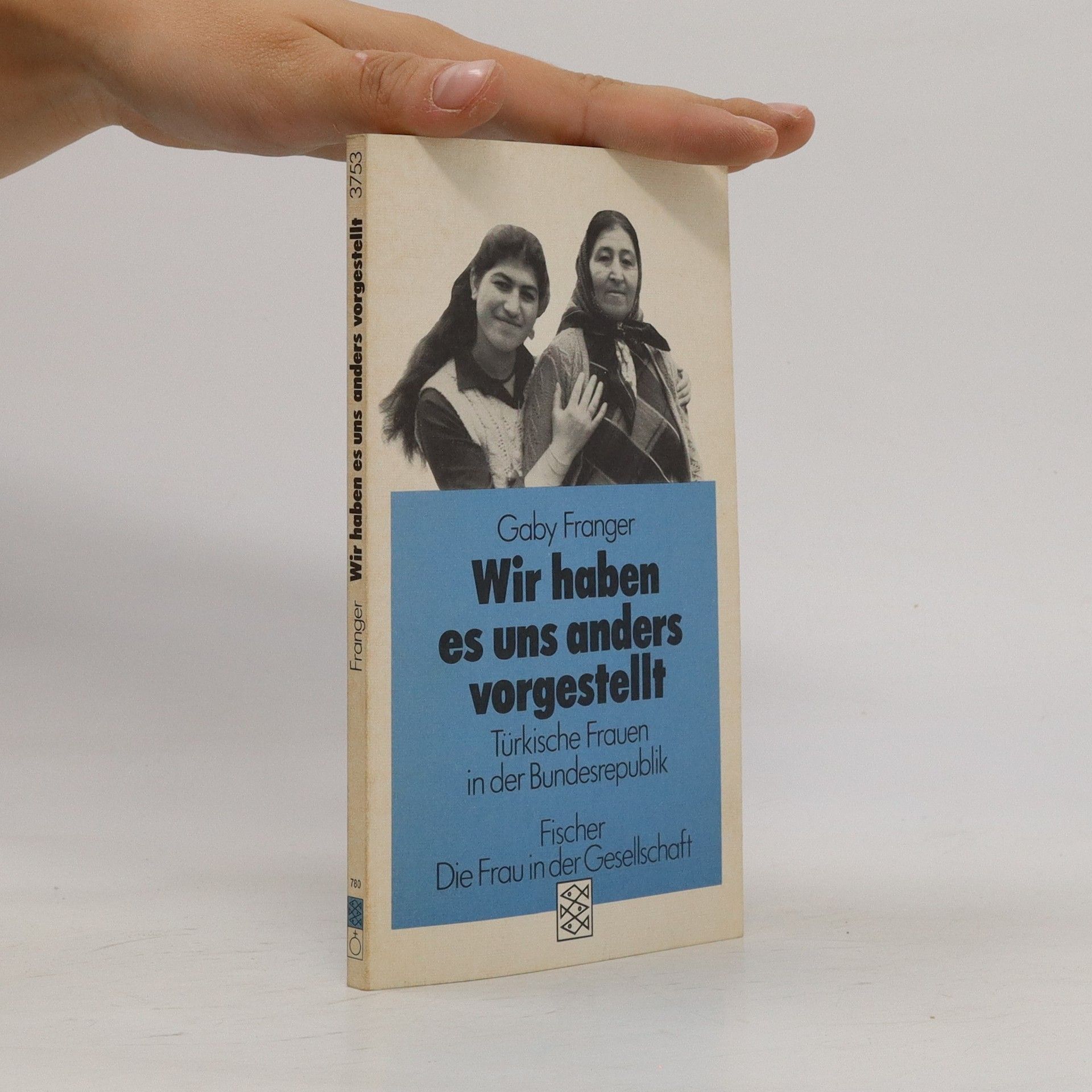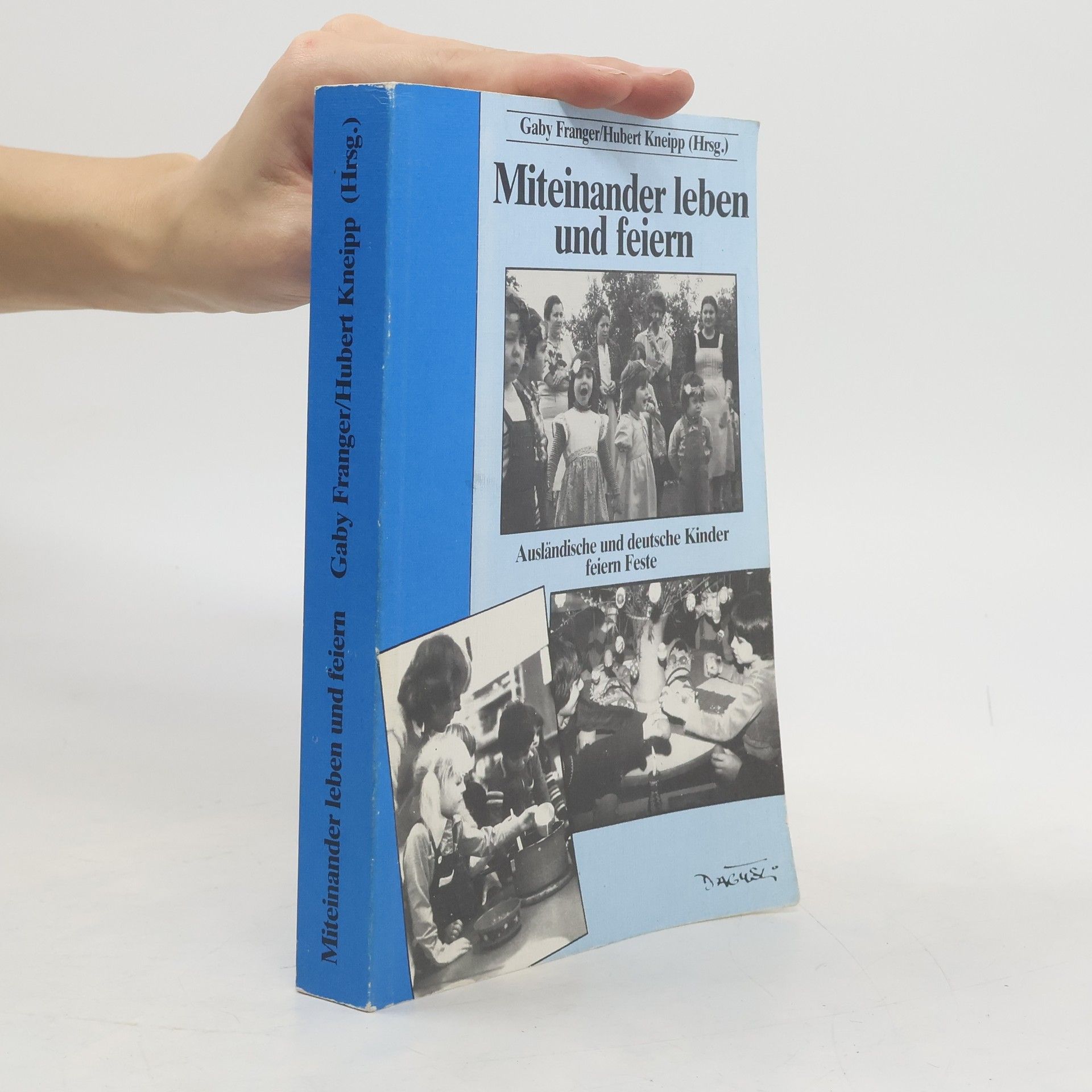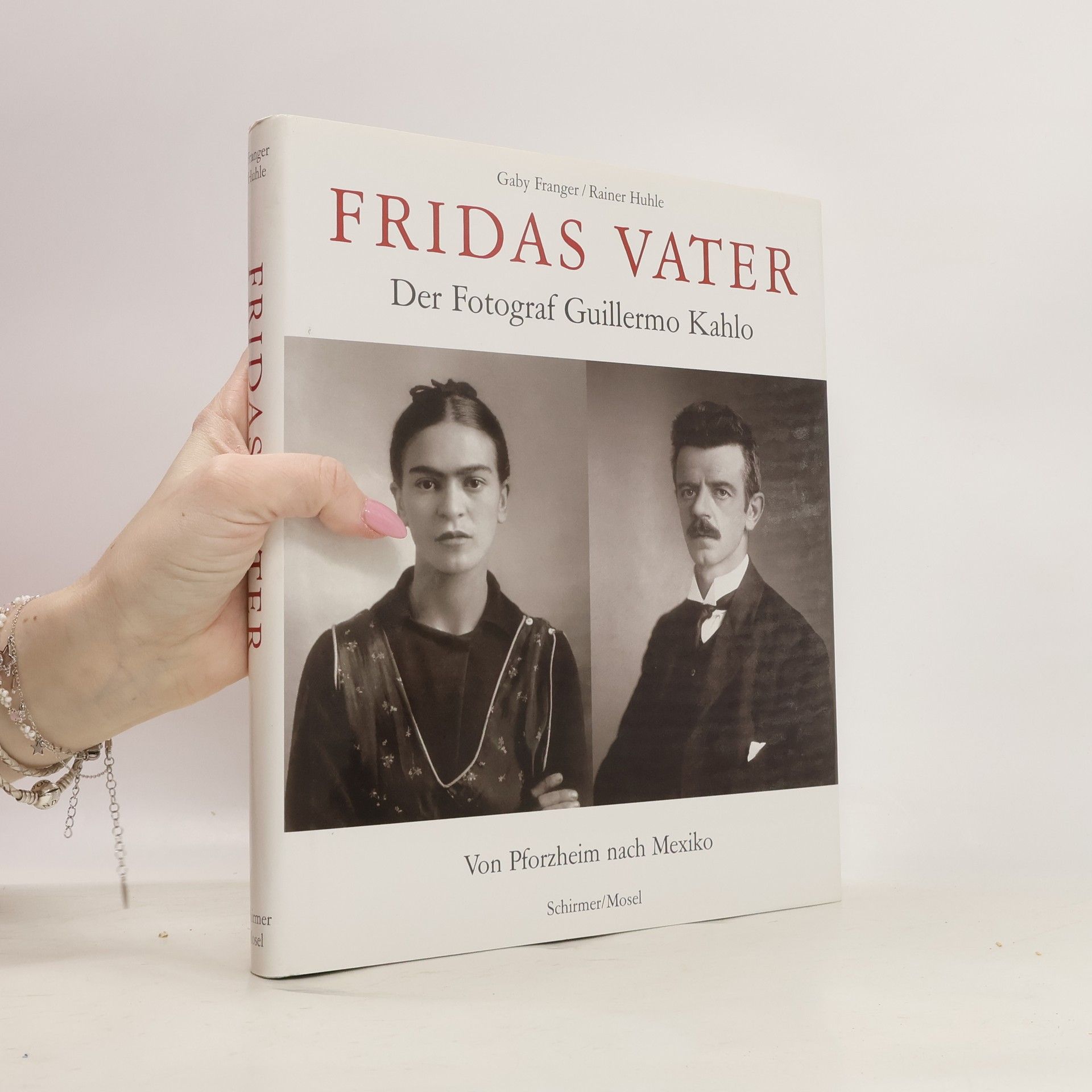Viele Legenden ranken sich um Frida Kahlo, und zu den meisten hat sie selbst die Fährte gelegt. Eine davon betrifft ihren Vater, Guillermo Kahlo (1871–1941). Unter ihr Portrait von ihm schrieb sie, er sei 'ungarisch-deutscher Abstammung' gewesen; irgendwann später kamen noch 'jüdische Wurzeln' hinzu. Tatsächlich war Fridas Vater weder ungarischer noch jüdischer Abstammung, wie die Historikerin Gabriele Franger und der Lateinamerikanist Rainer Huhle jüngst herausgefunden haben. Carl Wilhelm Kahlo kam im badischen Pforzheim als Sohn lutheranischer Eltern zur Welt, die Familie läßt sich in Deutschland bis ins 16. Jahrhundert zurückverfolgen. 1890 wanderte er nach Mexiko aus, nannte sich Guillermo und wurde dort zu einem der angesehensten Architektur- und Industriephotographen. Gaby Franger und Rainer Huhle legen ihre aufsehen - erregende Arbeit über Leben und Werk von Wilhelm Kahlo in einer reich bebilderten Monographie vor, in der ein erstaunlich moderner Photograph zu entdecken ist. Aus Anlaß der großen Frida Kahlo-Retrospektive in Berlin und Wien bieten wir den Band jetzt zum Sonderpreis an.
Gaby Franger Book order (chronological)



